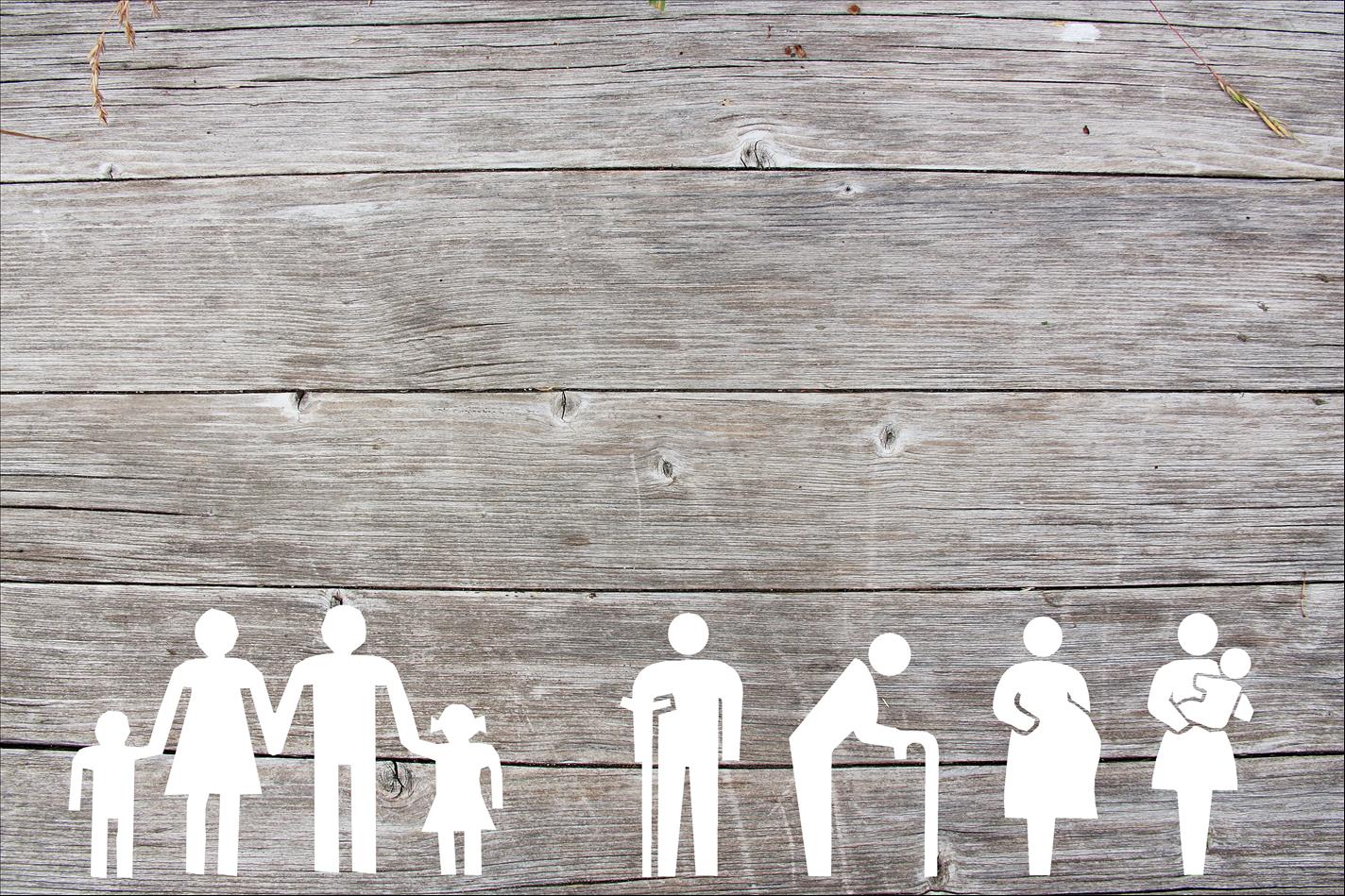(MENAFN- The Conversation) Across the globe, health-care workers have gone on strike to protest the stress placed on them by the global COVID-19 pandemic and economic downturn, pushing already-strained services beyond their limits. These labour actions are part of the challenges faced by countries attempting to provide welfare services to their populations.
In this episode of the conversation weekly podcast, we talk to three experts about why social welfare services are being cut, and what actions governments may need to take to ensure better access.
Welfare services - like unemployment benefits, health care and pensions - are how countries keep their populations healthy and productive in order to maintain robust and growing economies.
Miguel Niño-Zarazúa is a senior lecturer in the Department of Economics, at the School of Oriental and African Studies in London, U.K. who looks at welfare institutions in the Global South. He explains that welfare systems are integrated social policies, which“have become one of the most important policy instruments against poverty and vulnerability in the developing world.”
However, Niño-Zarazúa says that welfare institutions in developing nations are increasingly under threat.“In low-income countries in particular, now, we see many countries facing a debt crisis that has been accumulating over the last decade because they continue borrowing to sustain their economic growth.”
But it's not just developing countries where access to welfare is diminishing. Christine Corlet Walker, who is a research fellow at the Centre for the Understanding of Sustainable Prosperity at the University of Surrey in the UK looks at member countries of the Organisation for Economic Co-operation and Development (OECD).
Global economic growth is slowing down - and many experts expect it to approach zero or negative. Facing this, governments have responded with austerity measures and cuts to welfare services.“A post-growth welfare system is a welfare system that can function and can flourish in the absence of economic growth,” Corlet Walker says,“and there's obviously a huge amount that can be done in terms of redistribution through progressive taxes on wealth and land, for example.”
Read more: degrowth: why some economists think abandoning growth is the only way to save the planet – podcast
Erdem Yörük is an associate professor at Koç University in Istanbul in Turkey. He studies how developing countries implement welfare programs, but during his research, he found that existing scholarship on welfare excluded developing nations.“There are two reasons for this western or Eurocentrism,” he explains. Scholars assume that“there is no welfare state because capitalism is not fully developed in the non-west as opposed to European countries. The second reason, was that welfare systems regimes literature is a highly empirical literature. And so there was no data to conduct such similar analysis for the non-west.”
So at first, Yörük and his team compiled the data. And he determined that there was an additional type of welfare regime beyond the three main types established by scholars of western countries, which he refers to as a“populist welfare state regime.”
This type of regime uses the provision of welfare services as a political bargaining tool: this occurs during times of political unrest, as in Turkey where Yörük conducted his research, or to leverage the voting power of the poor during elections.
Social assistance programs in Turkey emerged in response to political unrest. (Shutterstock) Because welfare services contribute to a productive society, it's imperative that governments understand the value of taking care of their populations. But during these uncertain economic times, countries are contending with the unprecedented and unexpected expenditures produced by climate change mitigation, environmental disasters, the COVID-19 pandemic and political conflict.
Niño-Zarazúa believes that governments reduce access to social services at their own risk.“So despite the fact that many countries face substantial and very difficult challenges, there are always ways to finance and make savings or reorganize the spending to support these programs.”
Cuts to welfare will only exacerbate the rates of poverty around the world. And as economic pressures increase on governments in both developed and developing nations, the provision of welfare is under risk. And the strain on welfare systems is felt not only by those attempting to access services, but by also by those who work within them under these conditions.
Listen to the full episode of The Conversation Weekly to find out more.
This episode of The Conversation Weekly was produced and written by Mend Mariwany who is also the show's executive producer. Sound design is by Eloise Stevens, and our theme music is by Neeta Sarl.
You can find us on Twitter @tc_audio , on Instagram at theconversationdotcom or via email . You can also sign up to The Conversation's free daily email here . A transcript of this episode will be available soon.
Listen to The Conversation Weekly via any of the apps listed above, download it directly via our rss feed , or find out how else to listen here .

















Comments
No comment